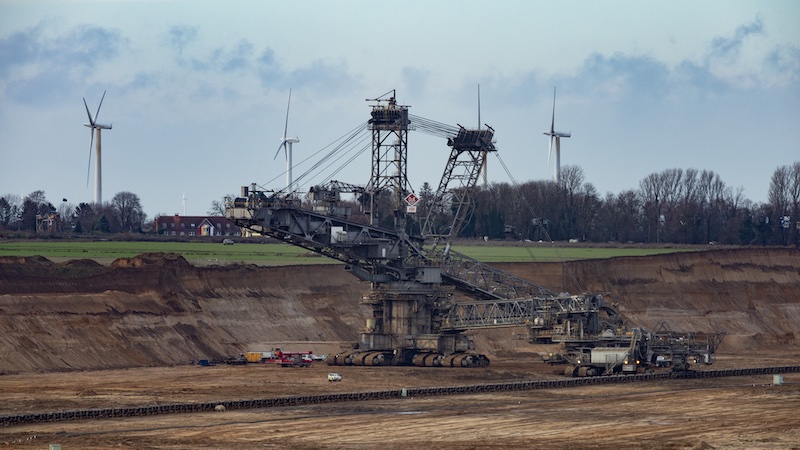When lobbying prevents more climate-friendly policies
What important decision did you make 15 years ago? What were your plans and wishes? How did you imagine your future 15 years ago? And is that still up to date? The example of Lützerath reveals how lobbying and outdated project planning can lead to a more climate-friendly prevent politics.
Would you still feel comfortable with all your ideas from back then? So I certainly don’t. Because it no longer fits today. Because it would no longer be contemporary.
But no problem, I’ve changed my mind. But why is this “change of mind” so difficult? Why does a lignite mining project that was decided on almost 20 years ago still have to be implemented today?
Contents
Project planning: Always stay agile
Agile working has been a hype for years. Scrum, sprints, reviews, retros: the epitome of modern work culture. Ideally suited for project development, especially in the tech sector, because intermediate steps are regularly assessed and discussed.
They are questioned and, if necessary, adjustments can be made quickly. The project meets the latest requirements in an agile manner. The customer also saves time and money.
But why is this technique used almost exclusively in project processes? Why aren’t things a bit more agile when it comes to important political and economic decisions?
Lützerath: A sad occasion
How do I get to this topic? The current reports from Lützerath don’t stop. And I’m already wondering why we have to discuss today, eight years after the Paris climate agreement, whether a new area should be opened up for lignite mining.
Why are we faced with such violent demonstrations almost 20 years after the decision was made to expand the Garzweiler II lignite mining area and to relocate Lützerath?
And why hasn’t it been questioned several times over the past 20 years whether this is the right approach. Shouldn’t the emergency brake have been pulled by 2015 at the latest?
Project planning using Lützerath as an example
It is clear to me that there are very high economic and energy policy demands behind this project, which should not be neglected. But it also shows how hypocritical we often act. Climate protection yes. Smears no.
Long-term planning is important, but you have to look at developments regularly and over and over again, evaluate decisions under the current conditions and then decide whether the direction you have taken is still correct.
And if necessary, readjust partial aspects or entire projects with all their connections. In the Corona period, when we had no other choice, we made it!
Economy vs. climate? Flexibility is required
I always find it frightening how rigid and inflexible we act. How waterheads in companies block us and how lobbying prevents more climate-friendly politics.
In Lützerath, we are not only losing a great opportunity to stand by our word on climate protection, but are also being shown clearly how little agile this country is. Can we really explain that to our children in 20 years?
Also interesting:



